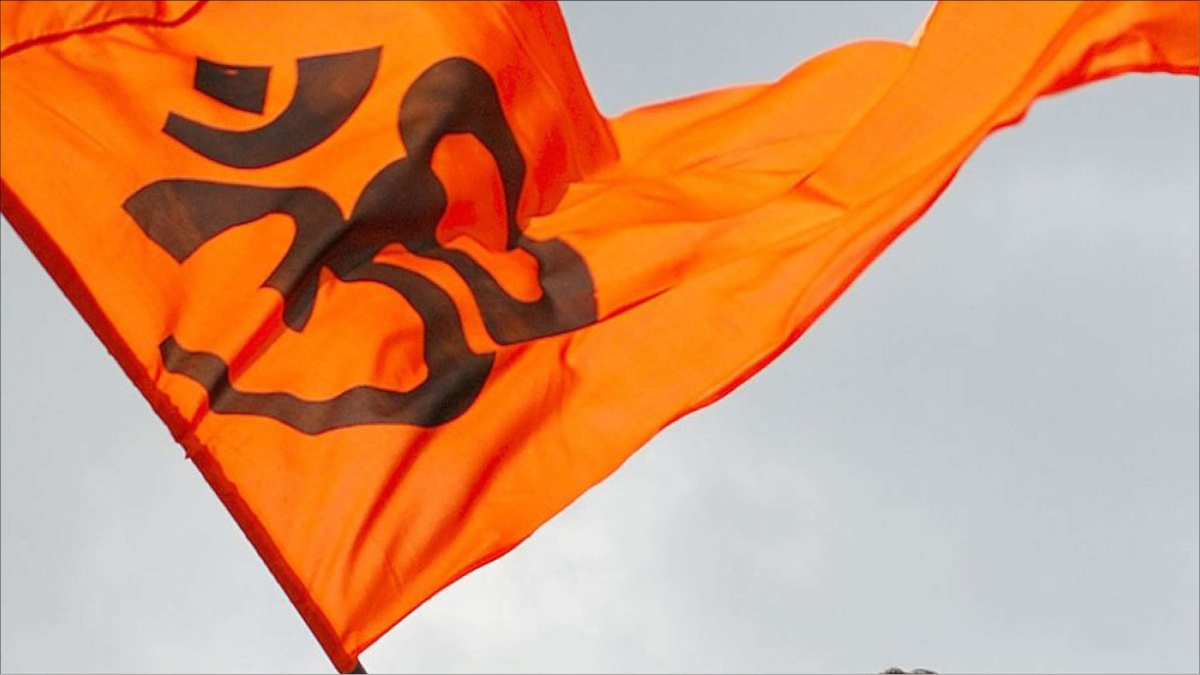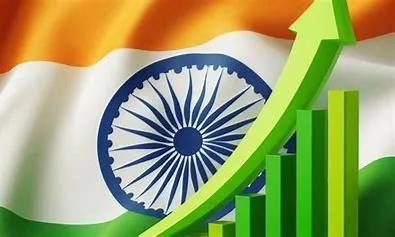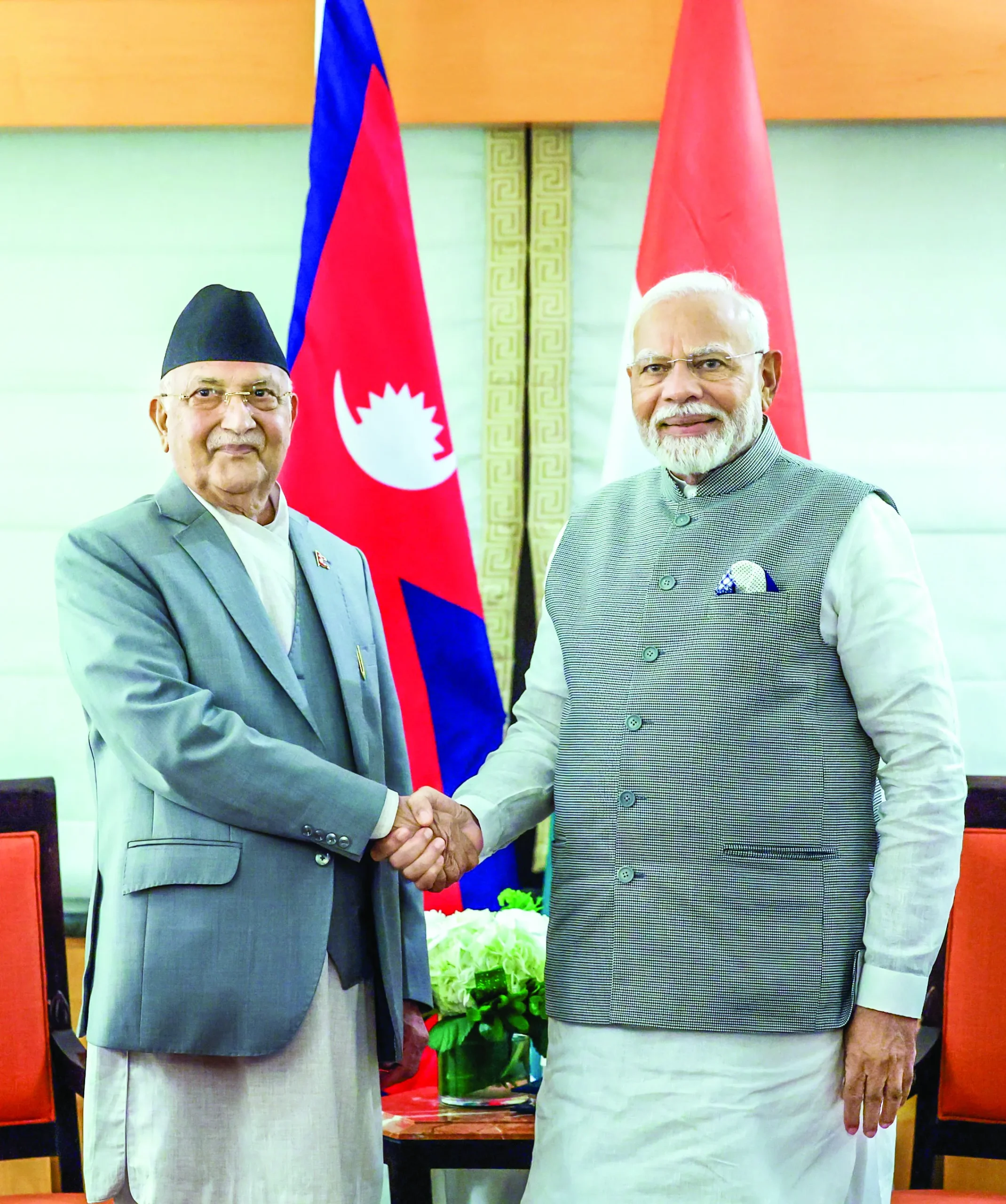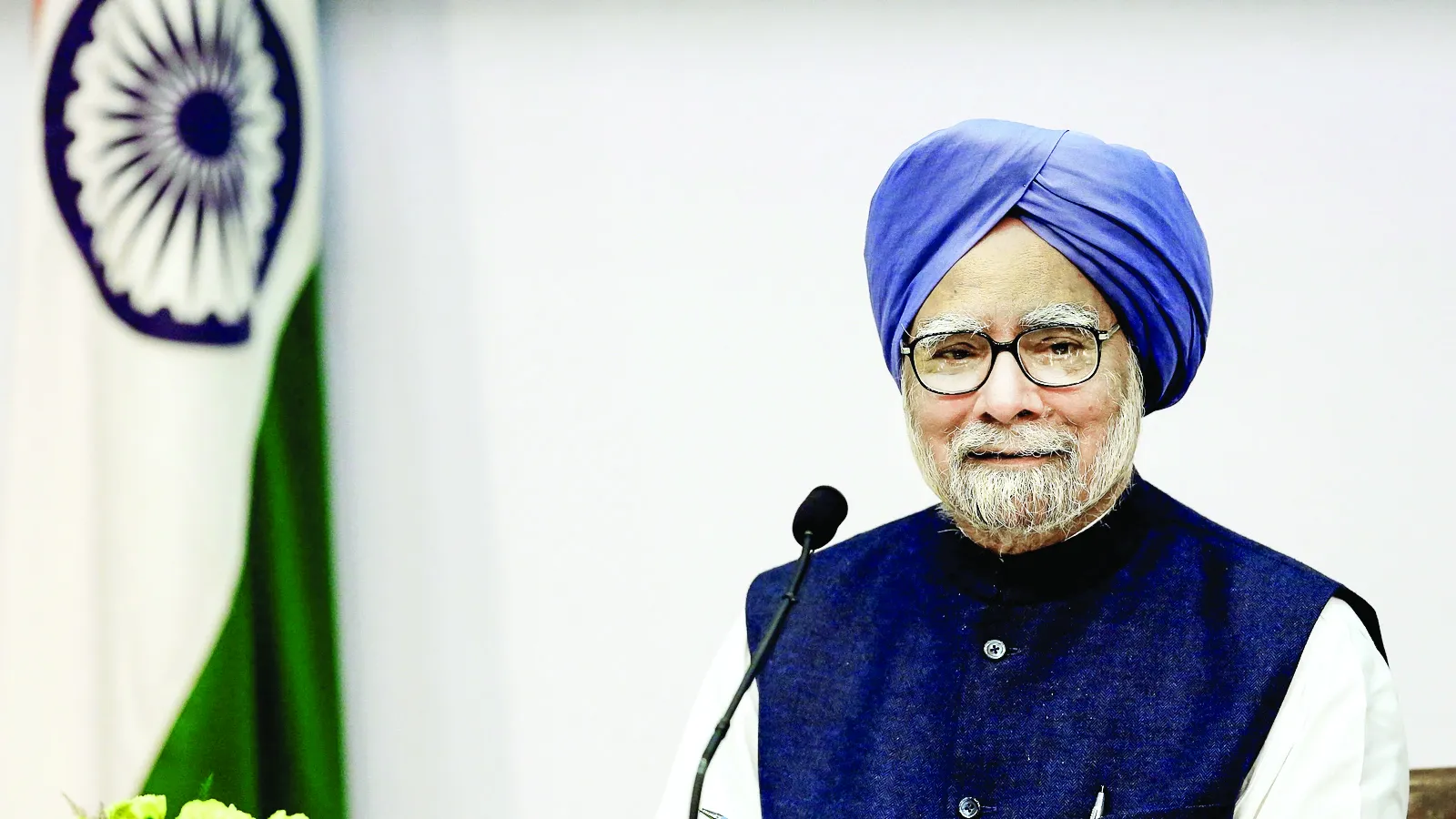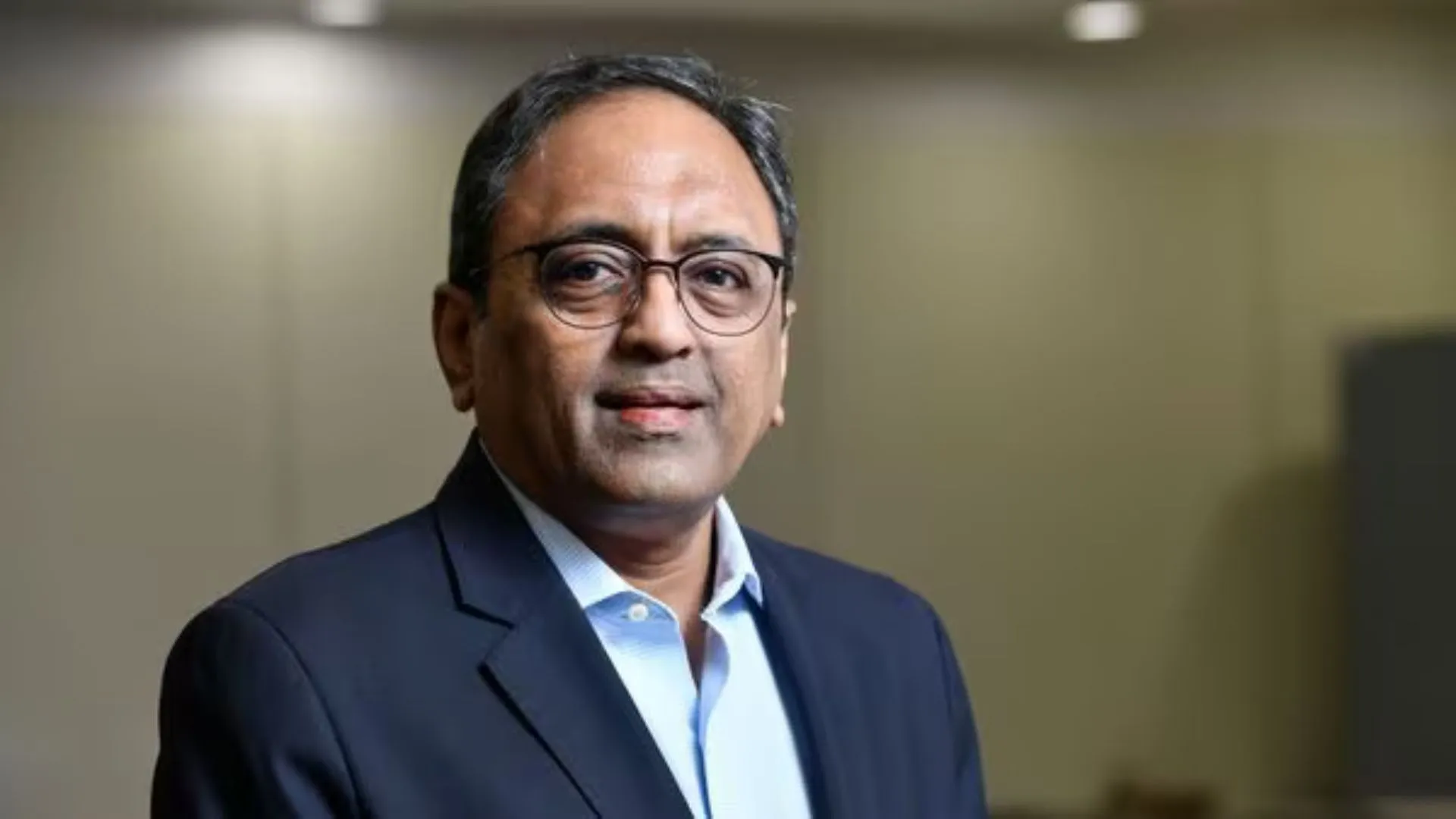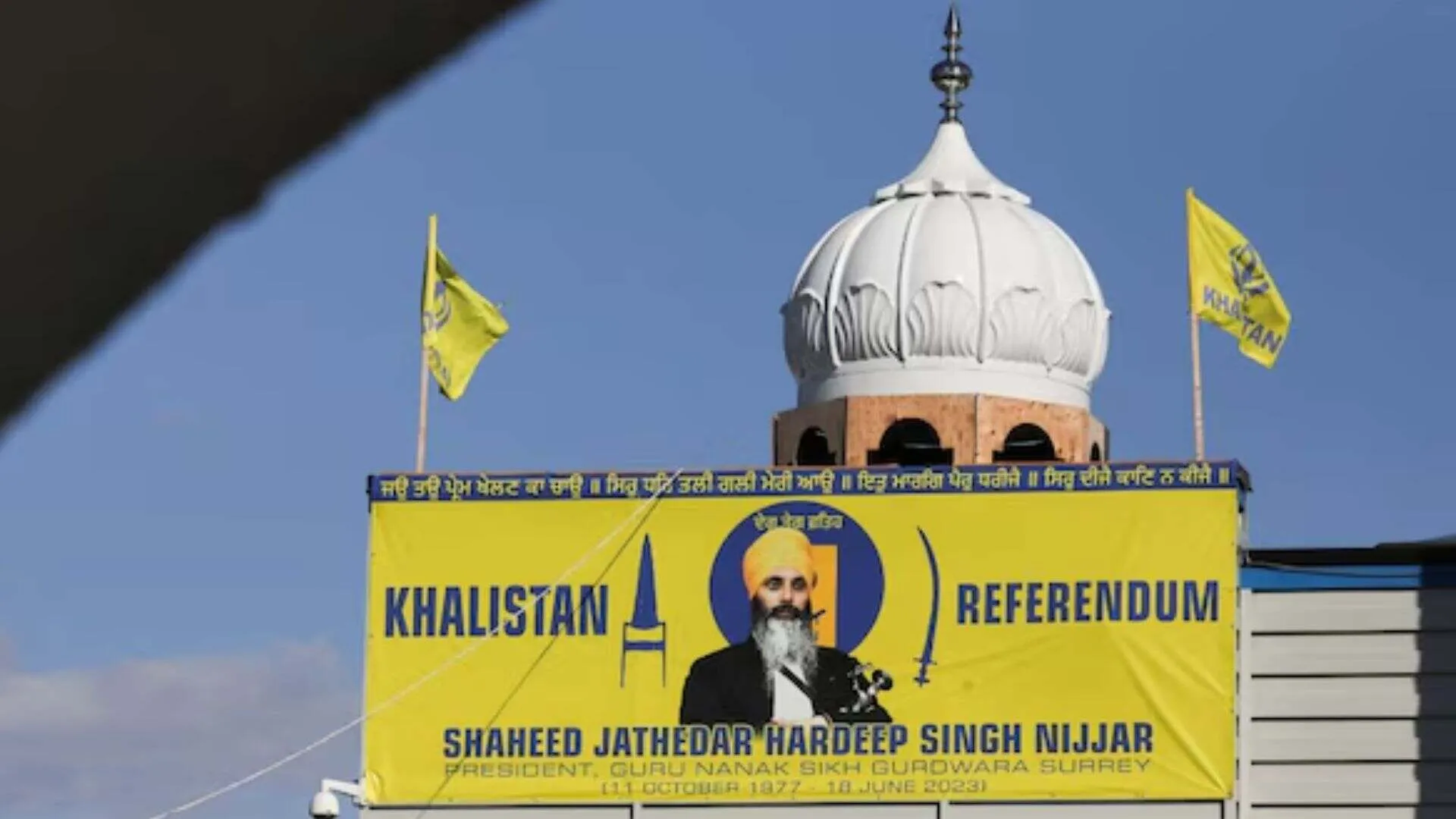India has always had a tradition of honorary membership of other religions. Are we not justified in calling Shankaracharya’s Guru’s Guru, Gaudapada, an ‘honorary Buddhist’ on account of his positive engagement with Buddhist thought; or Kabir, Dadu and Dara Shukuh as ‘honorary Hindus’ for the same reason? Or Girish Chandra Sen, the follower of Keshub Chandra Sen, who translated the Quran into Bengali an ‘honorary Muslim’, especially in view of the fact that the translation was given the seal of approval by the Bengali ulema? Are we not justified in describing even Mahatma Gandhi as an ‘honorary Christian’? The point I am trying to make by asking these rhetorical questions is to draw attention to the tension now within Hinduism between its ethnic and universal dimensions. I began by highlighting Hinduism’s universal dimension, as its ethnic dimension has become apparent in the public sphere over the past few years.
Such was not always the case. When Philip H. Ashby (an American academic) visited India in the 1950s while researching his book on modern trends in Hinduism, his Indian colleagues almost dissuaded him from meeting the members of the RSS. They saw no point in his interviewing undesirable people who occupied the margins of national life. That periphery has, however, now become, by the alchemy of history, the cutting edge in the public sphere and the tension between the ethnic and the universal elements of Hinduism, which was supposed to have been resolved in favour of the universal, has surfaced with great force.
How then do we deal with this tension?
I notice, as a student of comparative religion, that such tension is not unique to Hinduism. Islam has experienced it in terms of the tension between Arab and the non-Arab components within it; and, Christianity in the form of the tension between European and non-European Christianity, aggravated by the imperialistic adventures of the former.
A comparison is not a solution. Nevertheless, it may point to one if we examine how Islam and Christianity have handled such tension historically. Islam has done so largely by emphasising the brotherhood of the ummah so celebrated within Islam. And Christianity has done so by emphasising the shared bond in the redeeming power of Christ on the part of all Christians—of their love for Christ and Christ’s love for them all. That is to say, these religions rely on their own resources, their own distinguishing features, as a way of dealing with such tensions.
Is there an important lesson here for us? Our modern temptation is to turn to secularism as a way of dealing with this tension, by insisting that Hindus of all hues remain committed to secularism.
This solution, however, is fast losing its promise as Hindus refuse to bear the burden of Indian secularism, and increasingly regard themselves victims of its asymmetrical application. It also represents an attempt to offer a Western solution to an Indian predicament.
May I be so bold as to propose that an appeal to the pluralism of Hinduism rather than to secularism might help us resolve this crisis better? There is a crucial difference between secularism and pluralism. Although both want to avoid the dominance of the public square by a single religion, secularism tries to do so by keeping religion out of the public square, while pluralism tries to do so by making room for all of them in the public square fairly and equally.
It is telling in this context that while Indic civilisation has no word for secularism as such, it does have a word for pluralism and that word is “nana”. It goes back at least as far as the Atharva Veda, which uses the expression “Nana-Dharma” to celebrate the diversity of lifestyles of those who inhabit the earth. A verse in the Kurma Purana uses it three times to similar effect, this time referring specifically to India—Bharatesu.
At this point, the question naturally arises: We know that universal Hinduism is committed to pluralism but what about ethnic Hinduism or Hindutva? Perhaps readers of this piece will be as surprised as I was to discover that ethnic Hinduism is as committed to it as universal Hinduism. Its chief ideologue, V.D. Savarkar, concludes his seminal work entitled Hindutva: Who is a Hindu? with the following passage, with which I also conclude my piece.
I quote him now: “Equally certain it is that whenever the Hindus come to hold such a position whence they can dictate terms to the whole world—those terms cannot be very different from the terms which Gita dictates or the Buddha lays down. A Hindu is most intensely so, when he ceases to be a Hindu; and with a Shankar claims the whole earth for Benaras (‘Waranasi Medini’) or with a Tukaram exclaims ‘Aamuchasvadesh/bhuvana-traya-madhyevaasa (My country! Oh brothers the limits of the Universe—there the frontiers of my country lie)’.”
The writer is the Birks Professor of Comparative Religion in the School of Religious Studies at McGill University in Montréal, Canada. He is also associated with the Nalanda University in India. The views expressed are personal.
While Indic civilisation has no word for secularism as such, it does have a word for pluralism. Although both want to avoid the dominance of the public square by a single religion, secularism tries to do so by keeping religion out of the public square, while pluralism tries to do so by making room for all of them in the public square fairly and equally.

